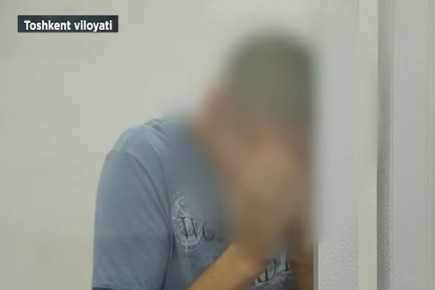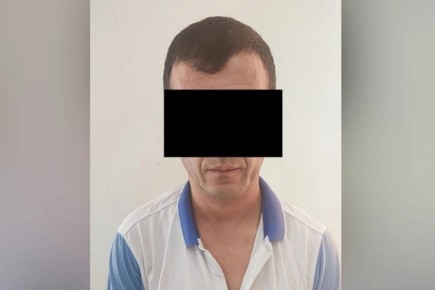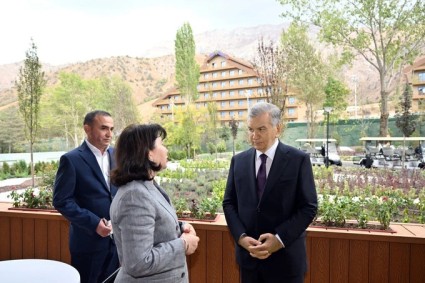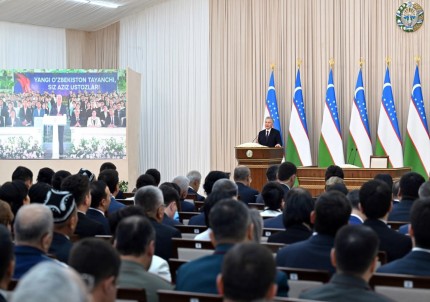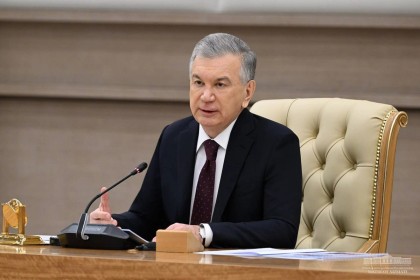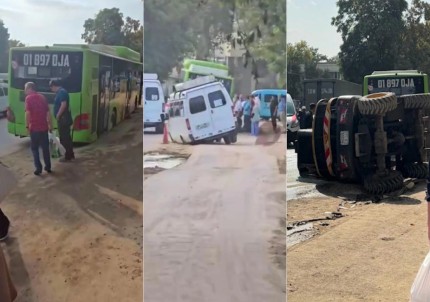Uzbekistan's October 27 parliamentary elections were "technically well prepared," significant challenges in meeting international standards for democratic elections persist in such areas as political party registration, the right to stand, campaign finance transparency, citizen observation, and the publication of polling station results”., the international observers from the OSCE Office for Democratic Institutions and Human Rights (ODIHR), who presented preliminary conclusions said on Monday.
“Fundamental freedoms of association, peaceful assembly and expression remain disproportionately limited both by legislation and in practice. Positively, women were well represented among candidates and in election administration, the report noted.
All five registered political parties were able to campaign freely and with legally enforced equal conditions, but their campaigns were low-key and devoid of real challenges to the policies of the ruling party or to each other. Media coverage was limited by restrictions on free expression, resulting in minimal access for voters to diverse viewpoints. Election day was calm and orderly but negatively affected by numerous cases of identified violations, malfeasance, and procedural and technical problems. Important safeguards were repeatedly disregarded during voting, counting, and tabulation, challenging the integrity of the process and undermining transparency.
“The 2024 parliamentary elections took place amidst reforms continuing since 2017, including on socio-economic development, public administration, the judiciary, and respect for fundamental freedoms. Despite the substantial enhancement of human rights provisions in the 2023 Constitution, the ability of citizens to fully participate in political life in conformity with OSCE commitments and international standards, in particular regarding respect for fundamental freedoms of association, peaceful assembly and expression, remain constrained by legislation and in practice.”
“The five registered political parties were all supportive of the government’s policies and did not offer the voters a real choice, which was reflected in the lack of political competition in the campaign. Overall, the electoral legal framework is not fully consistent with international standards and OSCE commitments regarding the conduct of democratic elections. It was significantly amended in 2023 to include a revised electoral system, new party list registration rules, modified rules on the formation and structure of election management bodies, and an increased gender quota. However, the relatively short timeframe for implementing these changes raised questions about compliance with international good practices,” the mission underscored
The observers thanked the authorities for their invitation to observe the elections, and the Central Election Commission and the Ministry of Foreign Affairs for the assistance. They also express their appreciation to other state institutions, political parties, and civil society organizations, and the international community representatives for their co-operation.


